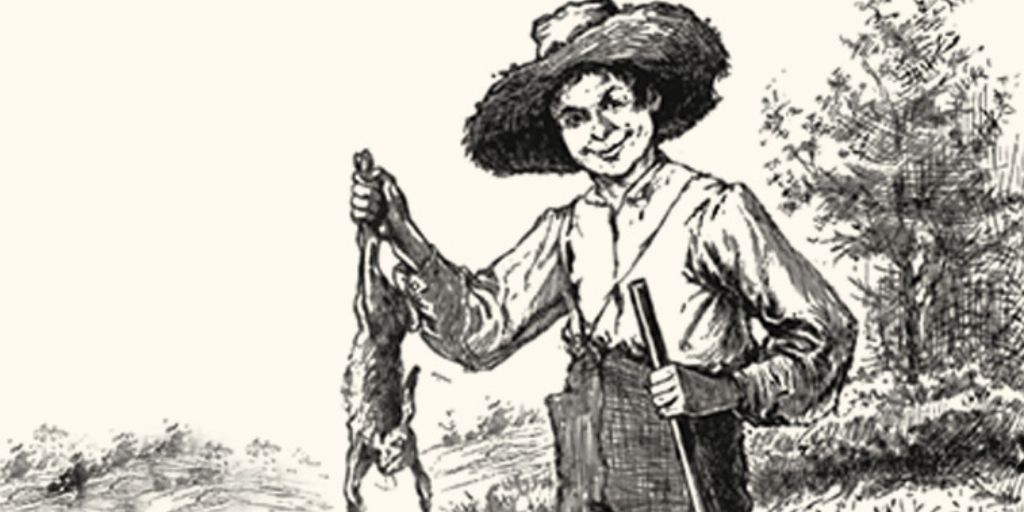We often use the term ‘the great American novel’ but we don’t do that for novels by writers from other countries. We don’t talk about ‘the great English novel’ or ‘the great Russian novel.’
The reason is that the United States is a new country, a new nation trying to make its way as a sophisticated, modern, successful democracy on a planet crowded with failed new countries and tired old countries with a variety of political systems and with very long literary traditions. It is easier, therefore, to pinpoint the major themes in America’s development: many of the events related to them occurred within and almost within living memory.
A novelist cannot help living in his or her own time and that provides the context of their novel, written at a particular time in history. That helps us understand the novel and when we read it decades or centuries after it was written we are able to see how it throws light onto the times in which it was written. A novel can therefore be an explanation of, and a contemporary comment on, a major theme of its time.
They are all very different novels, ranging over more than a century. But they have one thing in common: they all address a major American theme of their authors’ time. Themes like race, poverty, wealth, and other American experiences of the past still reverberate strongly in American life.
There are several claimants to the appellation “Great American Novel.” The most common on the list are:
Mark Twain, The Adventures of Huckleberry Finn,
F. Scott Fitzgerald, The Great Gatsby,
Herman Melville, Moby Dick,
Harper Lee, To Kill a Mockingbird,
Thomas Pynchon, Mason & Dixon,
Bret Easton Ellis, American Psycho,
John Steinbeck, The Grapes of Wrath.
This series gives an account of each of those novels.
Number One: The Adventures of Huckleberry Finn by Mark Twain

The Adventures of Huckleberry Finn is often named ‘the great American novel.’ It is one of the first American novels to have been written entirely in the vernacular, using the regional colour of the deep South. The story is narrated in the first person by the protagonist, Huck Finn. Huck’s artless vernacular language is artfully used to create detailed poetic descriptions of the characters and places depicted which are, at the same time, comic and ironic.
The vivid descriptions of the people who live along the Mississippi and the places they live in is something notable about the novel. Twain satirises the entrenched attitudes of those people, and most of all, their racism.
Huck escapes from his abusive father and sets off down the Mississippi in a raft with a runaway slave, Jim. The journey is frequently interrupted by a variety of characters who represent almost all the types and classes of people living along the river. And so, the voyage down the river is a journey through a life in the South.
As a result of his experience on the river Huck overcomes his original racial prejudice and comes to respect, admire and love the slave, Jim. As the story progresses Huck moves further and further away from the racial attitudes of the inhabitants of Mississippi country. Huck’s natural goodness is contrasted throughout with the cruelty and blind racialism of those other characters.
Mark Twain’s use of dialect was revolutionary. It was that, though, that led to the greatest criticism of Huckleberry Finn, regarded by many critics as offensive and, ironically, actually racist – a gross misunderstanding of the novel’s message.
The novel explores the painful subject of slavery through the lens of Twain’s anti-slavery perspective. The guilt and shame Huck experiences throughout the novel about his relationship with Jim is in serious conflict with his natural feelings, that guide him in the long run, but his love for Jim transcends the racism that he has been taught.
This is the first significant novel to take on the theme that will continue to leave a scab on American history and society, and which bleeds from time to time as politicians scratch it.
What’s your take – do you think The Adventures of Huckleberry Finn is truly the great American novel? Or is there another novel more worthy of this moniker? Let us know your thoughts in the comments section below.
